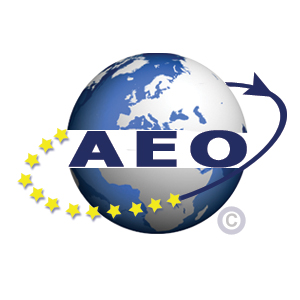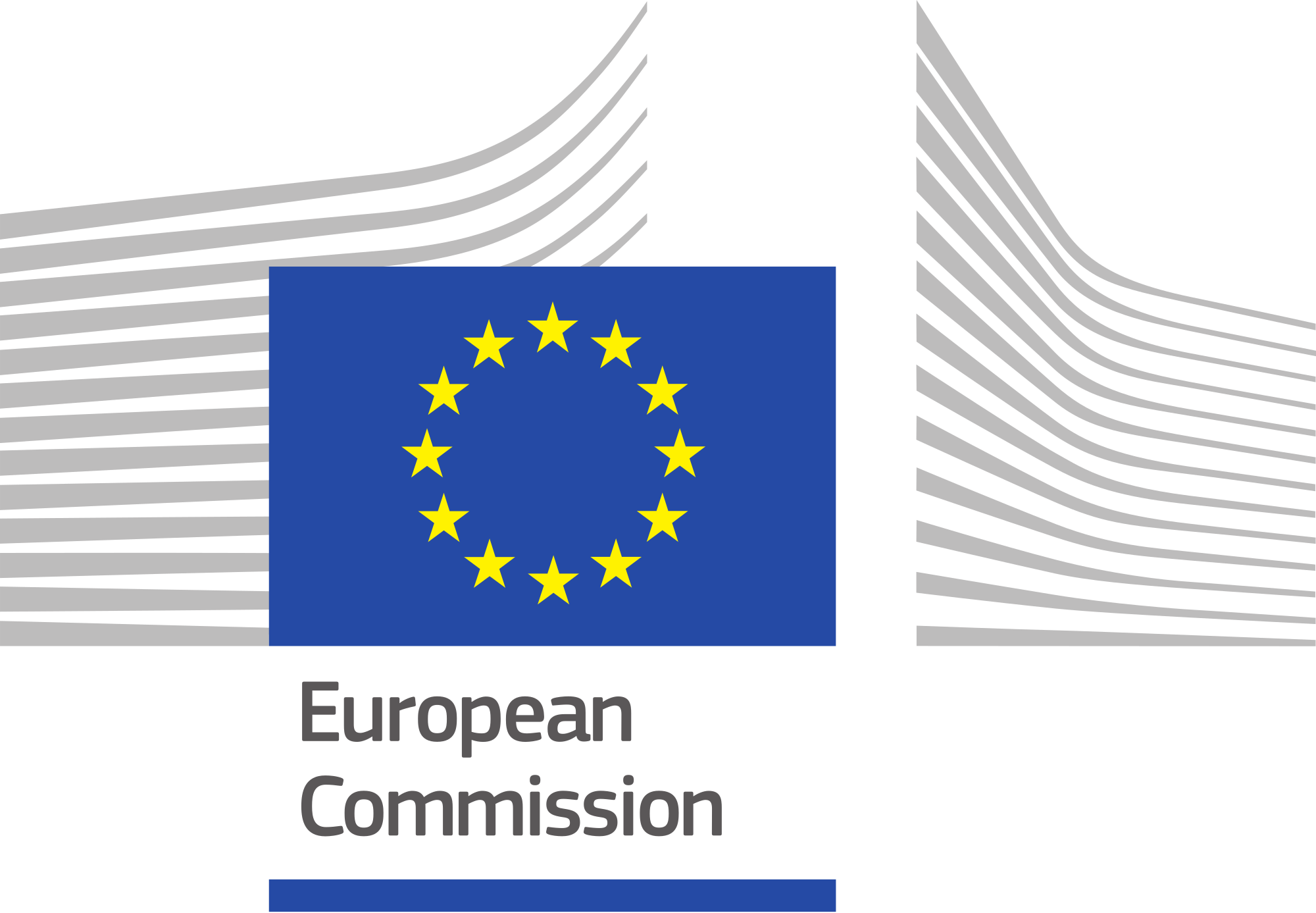Wallenborn successfully renews its AEOS certification
Certified since 2009, Wallenborn just successfully completed its 4th AEOS audit (required every 3 years) by the Luxembourgish Customs Authority.
Luxembourg, 28.08.2018
 The Authorised Economic Operator (AEO) concept is based on the Customs-to-Business partnership introduced by the World Customs Organisation (WCO), and is, in essence, derived from the Union Customs Code (UCC). Traders who voluntarily meet a wide range of criteria work in close cooperation with customs authorities to assure the common objective of supply chain security.
The Authorised Economic Operator (AEO) concept is based on the Customs-to-Business partnership introduced by the World Customs Organisation (WCO), and is, in essence, derived from the Union Customs Code (UCC). Traders who voluntarily meet a wide range of criteria work in close cooperation with customs authorities to assure the common objective of supply chain security.
The EU established its AEO concept based on the internationally recognised standards, creating a legal basis for it in 2008 through the 'security amendments' to the "Community Customs Code" (CCC) (Regulation (EC) 648/2005) and its implementing provisions.
In short, the AEO scheme's mission is to:
- Facilitate legitimate trade
- Reinforce Safety and Security
- Harmonize and standardize the application of customs controls
- Provide an electronic environment
In part, yes, it is driven by security, i.e. anti-terrorism, smuggling, people trafficking etc., however compliance with customs procedures and how the company is treated by authorities is paramount. Therefore by satisfying certain criteria a company is considered to be reliable in their customs related operations throughout the European Community for goods imported into or exported from the EU.
The programme, is open to all supply chain actors. It covers economic operators authorised for customs simplification (AEOC), security and safety (AEOS) or a combination of the two. Any economic operator established in the customs territory of the Union who is part of the international supply chain and is involved in customs-related operations, may apply for the AEO status.
Companies with the AEOS certification have successfully met the following conditions and criteria:![]()
- Compliance with customs legislation and taxation rules and absence of criminal offenses related to the economic activity
- Appropriate record keeping
- Financial solvency
- Appropriate security & safety measures
The AEO status granted by one Member State is recognised by the customs authorities in all Member States.
AEO benefits are an integral part of the EU legislation governing the AEO status. Wallenborn recognised the value add this could bring not just to the company, but to our clients as well. As such, we moved to become certified early on, first obtaining the AEOS certificate in June 2009. Since then Wallenborn has successfully completed every 3 year audit conducted by the Luxembourgish Customs authorities, and thereby benefiting from advantages such as:
- Fewer physical and document-based controls related to security & safety
- Prior notification in case of selection for physical control related to safety and security
- Priority treatment if selected for control
- Possibility to request a specific place for customs controls
- Indirect benefits (recognition as a secure and safe business partner; improved relations with Customs and other government authorities; reduced theft and losses; fewer delayed shipments; improved planning; improved customer service; improved customer loyalty; lower inspection costs of suppliers; increased co-operation, etc)
- Mutual Recognition with third countries
 AEO is governed by European Community law. The basic law is set out in Council Regulation (EEC) No 2913/92 (the Customs Code) as amended by Regulation (EC) No 648/2005 of the European Parliament and of the Council and Commission Regulation (EEC)No 2454/93 (the Implementing Provisions) as amended by Commission Regulation (EEC) No 1875/2006.
AEO is governed by European Community law. The basic law is set out in Council Regulation (EEC) No 2913/92 (the Customs Code) as amended by Regulation (EC) No 648/2005 of the European Parliament and of the Council and Commission Regulation (EEC)No 2454/93 (the Implementing Provisions) as amended by Commission Regulation (EEC) No 1875/2006.
To learn more about the AEO concept and certification procedure visit the AEO section of the European Commission website.